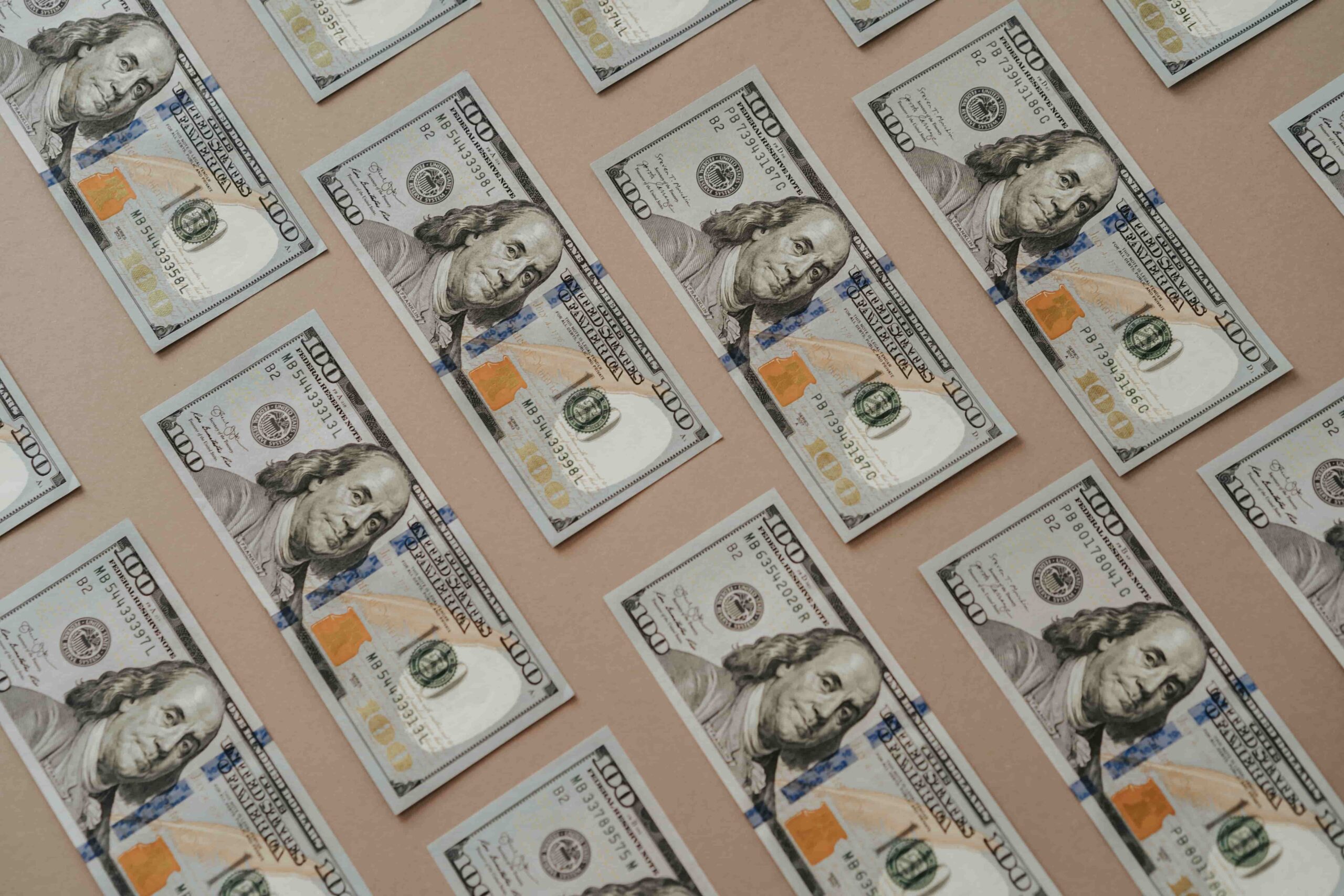The US dollar has been the dominant global reserve currency for over 70 years, but its status as the world’s primary reserve currency isn’t considered a given anymore. In recent years, however, the dollar has faced challenges from other currencies, and current events have brought the issue of the dollar’s global dominance to the forefront.
Rising economic competition
The dollar’s status as the world’s reserve currency has several advantages for the United States. Let’s start with the obvious economic advantage: it allows the US government to borrow money at lower interest rates than other countries. This is because the dollar is in high demand, and investors are willing to lend money to the US government at a lower rate than they would for other countries.
The dollar’s dominance also gives the US a significant degree of economic power. Many countries hold large reserves of dollars, and the US can use this to its advantage. For example, the US can use the threat of withholding dollars from countries that violate international norms or refuse to cooperate on issues like sanctions or trade agreements.
Despite these advantages, the dollar’s dominance is not assured. One challenge to the dollar’s status as the world’s reserve currency is the rise of China. China’s economy has grown rapidly over the past few decades, and its currency, the yuan, is becoming more widely used in international trade.
In addition, China has been working to increase the use of the yuan in international finance. For example, China has established currency swap lines with many other countries, allowing them to trade yuan rather than dollars.
BRICS building a case for stepping away from the dollar
This is part of a trend involving China, Russia and India, all members of the “BRICS” coalition. The BRICS coalition, which includes Brazil, Russia, India, China, and South Africa, has been vocal in its desire to create an alternative to the US dollar as the world’s reserve currency. The group has been critical of the US’s dominance in the global financial system and has argued that the world needs a more diversified system that is not dependent on any one country.
In 2013, the BRICS countries announced the creation of the New Development Bank, which is intended to provide funding for infrastructure and development projects in emerging markets. The bank is seen as a rival to the World Bank and the International Monetary Fund (IMF), both of which Western countries dominate.
In addition to the New Development Bank, the BRICS countries have been exploring the use of their own currencies in international trade. In 2014, China established a yuan-denominated oil futures contract, which allows countries to buy oil using yuan rather than dollars. This move was seen as a significant step toward challenging the US dollar’s dominance in global trade.
An uphill economic power struggle
BRICS countries have also been calling for reforms to the international financial system. In particular, they have called for changes to the voting structure of the IMF to give emerging markets a greater say in decision-making. They have also called for the creation of a new reserve currency that would be more stable and less dependent on any one country.
While the BRICS coalition has made progress as an economic group, it is unclear, and still somewhat of a long shot, whether they will succeed in replacing the dollar as the world’s reserve currency. The US dollar is deeply entrenched in the global financial system, and it will be difficult to dislodge it without a significant shift in the global balance of power.
Nonetheless, the countries that form BRICS are likely to continue to work toward creating a more diversified and stable global financial system that is less dependent on the US dollar.
The dollar’s lingering pandemic issues
The COVID-19 pandemic also put the issue of the dollar’s dominance to the forefront. The pandemic has had a significant impact on the global economy, and many countries have been hit hard. Whether it’s the poorly-named Inflation Reduction Act, inflation, stagflation, or greedflation, the point remains that people are still feeling the pandemic’s lingering effects.
As a result, there has been a significant increase in demand for dollars as a safe-haven asset. This has led to a shortage of dollars in many countries, particularly in emerging markets.
To address this shortage, the US Federal Reserve has established swap lines with several other central banks, allowing them to access dollars when they need them. This has helped to ease the shortage of dollars, but it has also highlighted the dependence of other countries on the US dollar.
The pandemic has also highlighted the need for greater international cooperation. Many countries have called for a more coordinated response to the pandemic, including measures to address the economic impact of the crisis. Some have called for the creation of a new global reserve currency.
Ultimately, the future of the dollar as the world’s reserve currency will depend on a complex mix of economic, political, and social factors. For the time being, it retains its status as the world’s reserve currency and continues to have favorable trade worldwide.









































